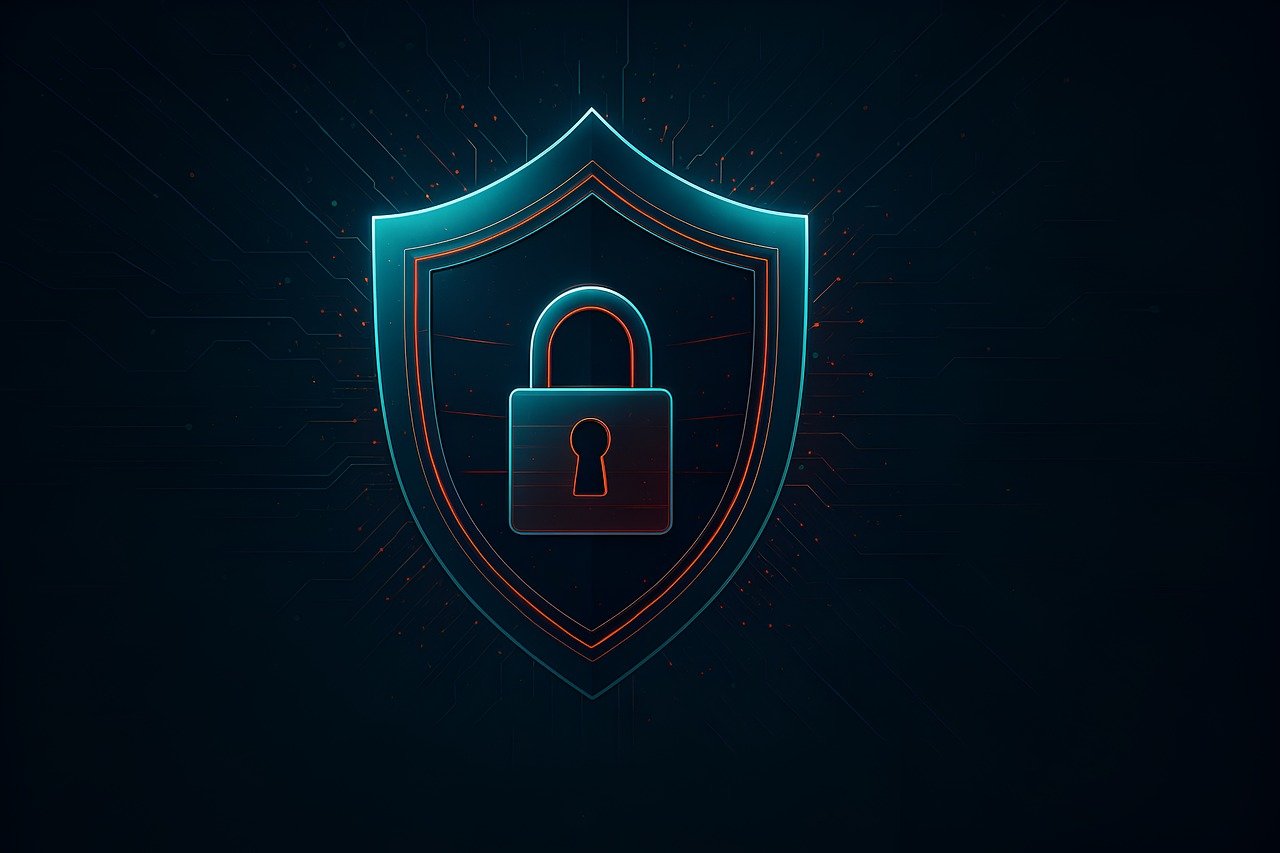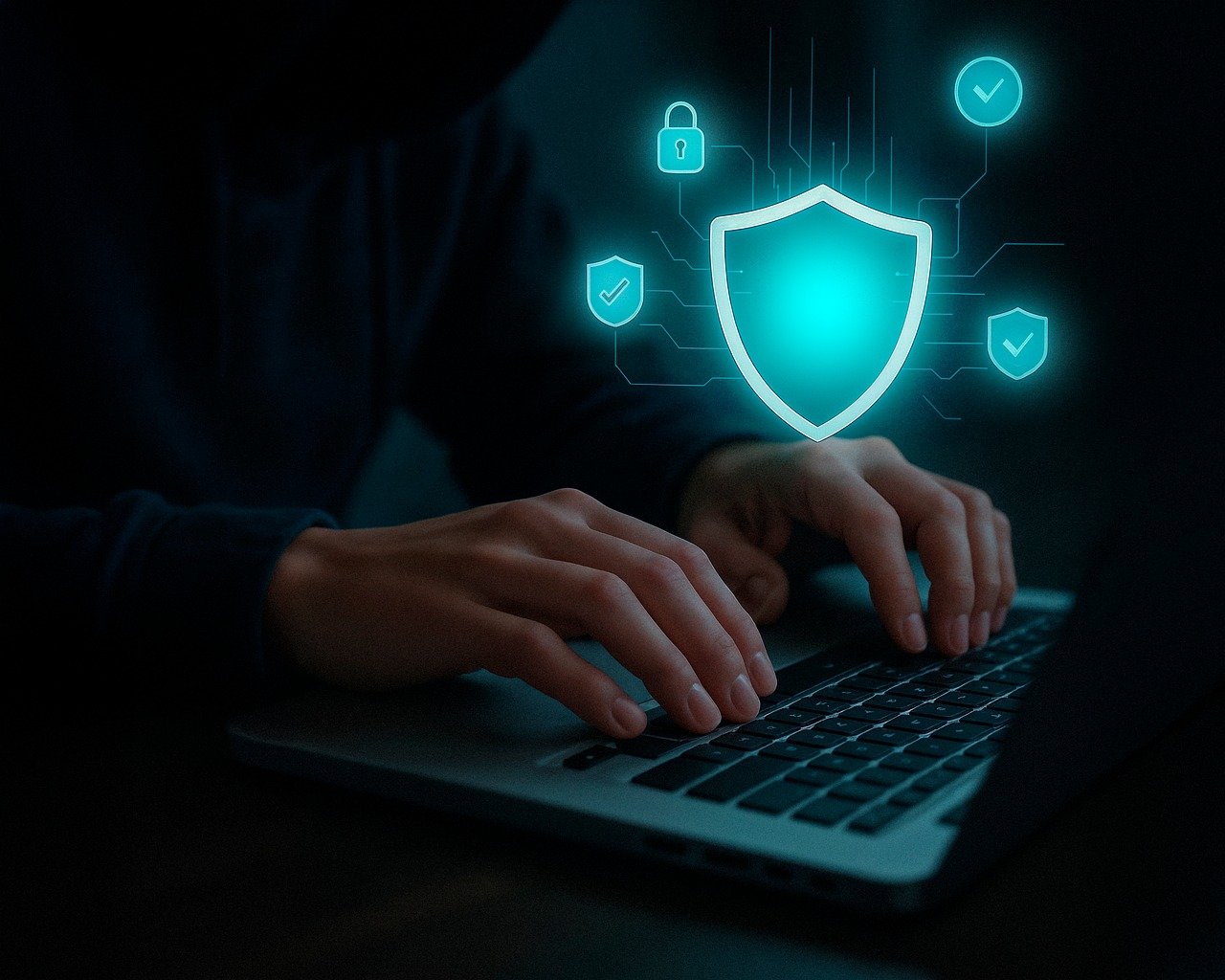I will reveal the top benefits of IR-200 incident response training for IT professionals in this post.
Cybersecurity breaches cost organizations an average of $4.45 million globally, according to IBM’s 2023 Cost of a Data Breach Report. When these incidents occur, the difference between a contained threat and a catastrophic breach often comes down to one factor: how well your IT team responds. This is where specialized incident response training becomes invaluable, and the IR-200 certification stands out as a game-changing qualification for IT professionals.
The IR-200 certification provides comprehensive training in incident response methodologies, equipping IT professionals with the skills needed to detect, contain, and remediate security incidents effectively. Whether you’re a seasoned security analyst or an IT professional looking to expand your cybersecurity expertise, this training program offers tangible benefits that can transform your career and strengthen your organization’s security posture.
Table of Contents
Advanced Expertise in Incident Management
The IR-200 incident response training program provides IT professionals with hands-on experience in managing real-world security scenarios. Participants learn to use industry-standard tools and platforms, including SIEM systems, forensic analysis software, and threat intelligence platforms. This practical approach ensures that professionals can immediately apply their knowledge in live environments.
One of the program’s strengths lies in its comprehensive coverage of the incident response lifecycle. Students master the six phases of incident response: preparation, identification, containment, eradication, recovery, and lessons learned. This structured approach enables IT professionals to respond systematically to threats, reducing response times and minimizing potential damage.
The training also emphasizes log analysis and digital forensics, critical skills for understanding how attacks unfold. Participants learn to examine network traffic, analyze malware samples, and trace attack vectors. These technical competencies are essential for IT professionals working in security operations centers (SOCs) or those responsible for their organization’s cybersecurity infrastructure.
Accelerated Career Growth and Market Value
IT professionals who complete incident response training often see immediate improvements in their career prospects. The cybersecurity job market remains highly competitive, with organizations actively seeking professionals who can demonstrate practical incident response capabilities. The IR-200 certification serves as concrete evidence of these skills, making candidates more attractive to employers.
According to recent salary surveys, cybersecurity professionals with incident response certifications earn 15-25% more than their peers without specialized training. This premium reflects the high demand for professionals who can effectively manage security incidents. Organizations recognize that investing in certified incident response professionals ultimately saves money by reducing breach impact and recovery time.
The certification also opens doors to specialized roles such as Incident Response Analyst, Security Operations Center Manager, or Cybersecurity Consultant. These positions often come with greater responsibility, higher compensation, and opportunities for professional advancement. Many IR-200 graduates report receiving job offers or promotions within six months of completing their certification.
Improved Organizational Security Posture
When IT professionals undergo comprehensive incident response training, the benefits extend beyond individual career advancement. Organizations with trained incident response teams experience faster containment times, reduced breach costs, and improved overall security resilience. The IR-200 program emphasizes building effective incident response teams and establishing clear communication protocols during crisis situations.
Trained professionals can identify security incidents earlier in the attack lifecycle, often preventing minor intrusions from escalating into major breaches. This early detection capability is crucial given that the average time to identify a breach is 207 days, according to industry research. IT professionals with IR-200 training learn to recognize subtle indicators of compromise that might otherwise go unnoticed.
The training also covers compliance requirements and regulatory frameworks, ensuring that incident response activities meet legal and industry standards. This knowledge is particularly valuable for organizations in regulated industries such as healthcare, finance, or government, where incident response procedures must align with specific compliance mandates.
Hands-On Experience with Cutting-Edge Technologies
The IR-200 incident response training program provides exposure to the latest cybersecurity technologies and methodologies. Participants work with advanced threat detection tools, automated response platforms, and machine learning-based security solutions. This technological proficiency ensures that IT professionals stay current with rapidly evolving cybersecurity landscapes.
Students learn to integrate artificial intelligence and automation into incident response workflows, streamlining repetitive tasks and enabling faster response times. These skills are increasingly valuable as organizations adopt security orchestration, automation, and response (SOAR) platforms to enhance their incident response capabilities.
The training also covers cloud security incident response, addressing the unique challenges of investigating and responding to incidents in cloud environments. With organizations increasingly adopting cloud infrastructure, these skills are essential for modern IT professionals.
Development of Critical Thinking and Decision-Making Skills
Incident response requires quick thinking and sound judgment under pressure. The IR-200 program uses scenario-based learning to develop these critical thinking skills. Participants work through complex incident scenarios that require them to prioritize tasks, allocate resources, and make decisions with incomplete information.
This training is particularly valuable because real-world incidents rarely follow predictable patterns. IT professionals must be able to adapt their response strategies based on emerging information and changing circumstances. The IR-200 program’s emphasis on decision-making under pressure prepares professionals for the high-stress environment of actual incident response.
Students also learn effective communication skills, crucial for coordinating response efforts across different teams and stakeholders. Clear communication can mean the difference between a well-coordinated response and organizational chaos during a security incident.
Building Cross-Functional Collaboration Skills
Modern incident response requires collaboration between IT teams, legal departments, public relations, and executive leadership. The IR-200 incident response training emphasizes the importance of cross-functional coordination and provides frameworks for effective collaboration during incidents.
Participants learn to work with non-technical stakeholders, explaining complex technical concepts in accessible terms. This skill is invaluable when briefing executives or communicating with legal teams about incident details and potential impacts.
The training also covers crisis communication strategies, helping IT professionals understand how their technical response activities fit into broader organizational crisis management efforts. This holistic perspective makes trained professionals more valuable team members and potential leaders.
Long-Term Professional Development and Networking
The IR-200 certification connects IT professionals with a community of cybersecurity practitioners and experts. This network provides ongoing learning opportunities, career guidance, and professional support. Many graduates find that the relationships built during training lead to job opportunities, mentorship, and collaborative projects.
The certification also provides a foundation for additional advanced cybersecurity certifications. Many professionals use IR-200 as a stepping stone to more specialized certifications in digital forensics, malware analysis, or security architecture.
Continuing education requirements ensure that certified professionals stay current with emerging threats and evolving best practices. This ongoing learning commitment demonstrates professional dedication and helps maintain the value of the certification over time.
Conclusion
The IR-200 incident response training program offers IT professionals a comprehensive pathway to cybersecurity expertise and career advancement. From enhanced technical skills to improved market value, the benefits of this certification extend well beyond the classroom. Organizations benefit from having trained professionals who can respond effectively to security incidents, while individuals gain valuable skills that open doors to rewarding cybersecurity careers.
As cyber threats continue to evolve in complexity and frequency, the demand for skilled incident response professionals will only increase. IT professionals who invest in IR-200 training position themselves at the forefront of this growing field, equipped with the knowledge and skills needed to protect organizations from cyber threats and build successful cybersecurity careers.
The combination of hands-on technical training, real-world scenario practice, and professional networking makes IR-200 certification a valuable investment for any IT professional serious about cybersecurity excellence.
INTERESTING POSTS
About the Author:
Marie Beaujolie is a computer network engineer and content writer from Paris. She is passionate about technology and exploring new ways to make people’s lives easier. Marie has been working in the IT industry for many years and has a wealth of knowledge about computer security and best practices. She is a regular contributor for SecureBlitz.com, where she writes about the latest trends and news in the cyber security industry. Marie is committed to helping people stay safe online and encouraging them to take the necessary steps to protect their data.









